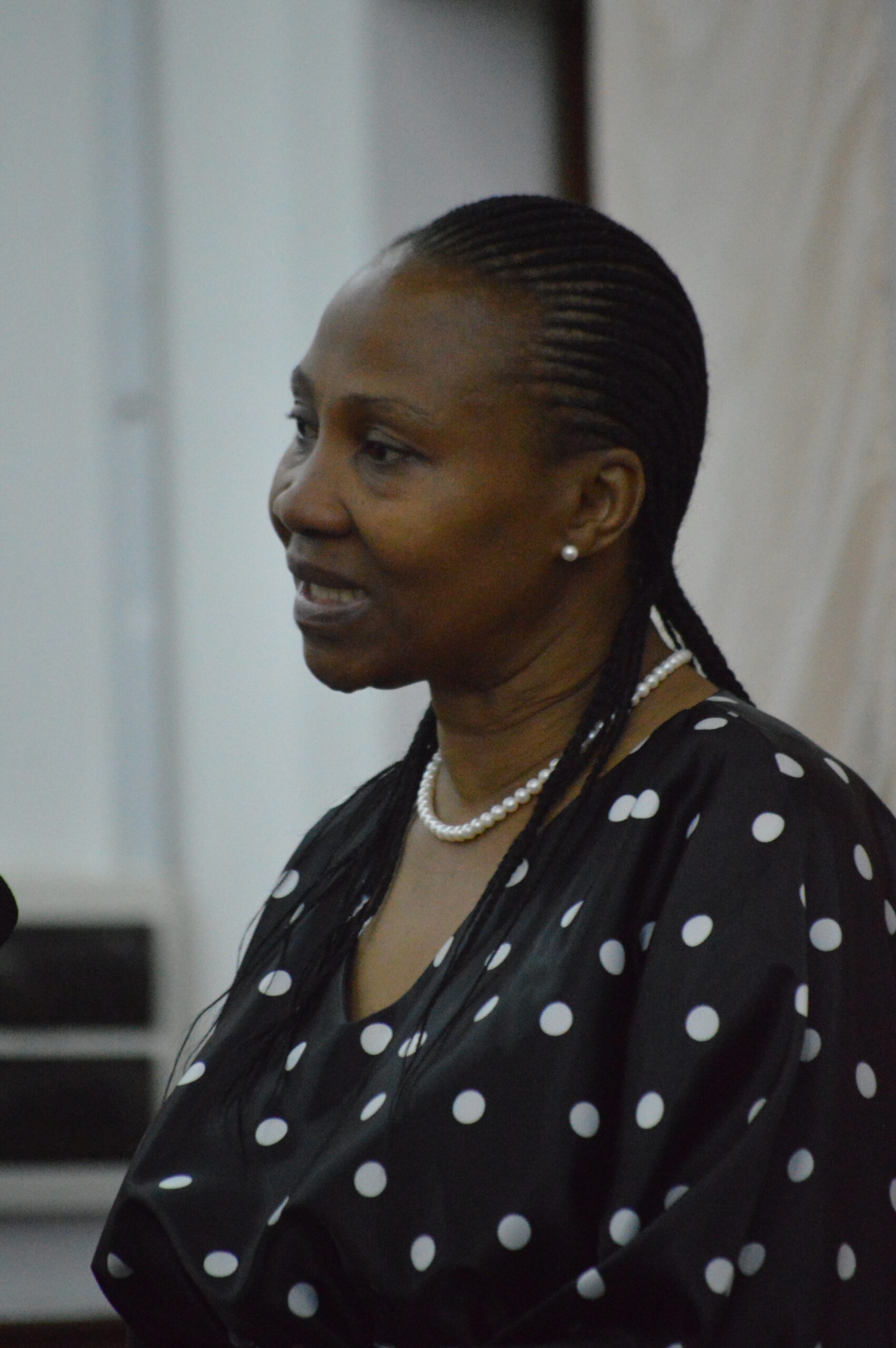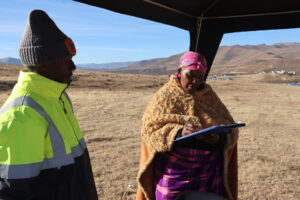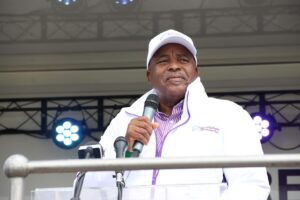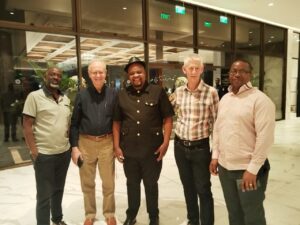Multiple Sadc countires are holding polls in the next two years
Moses Magadza
The Secretary General of the SADC Parliamentary Forum, Boemo Sekgoma, has called for gender responsiveness as some SADC countries prepare to hold general elections over the next two years.
Sekgoma made the call in a virtual keynote address during the launch of a report on promotion of gender responsiveness of the African Charter on Democracy, Elections and Governance (ACDEG) using civic technology. The Chief Executive Officer of the SADC Lawyers’ Association, Stanley Nyamanhindi, moderated discussions during the launch on 5 March 2024.
The SG said violence was prevalent within society, often becoming amplified during elections.
“What we often see is elections amid violence, as the unresolved causes and triggers continue to fuel its cycle,” Sekgoma noted.
She called for the use of civic technology and experiences to understand why women remain underrepresented in Parliament and to ponder on legal reforms to remedy the situation.
Polls a chance to ensure women representation
“Without adequate women representation, there will never be a functioning democracy. A democracy is hinged on equal participation of men and women, without discrimination at any level, be it in education, employment, or access to entrepreneurship opportunities,” she said.
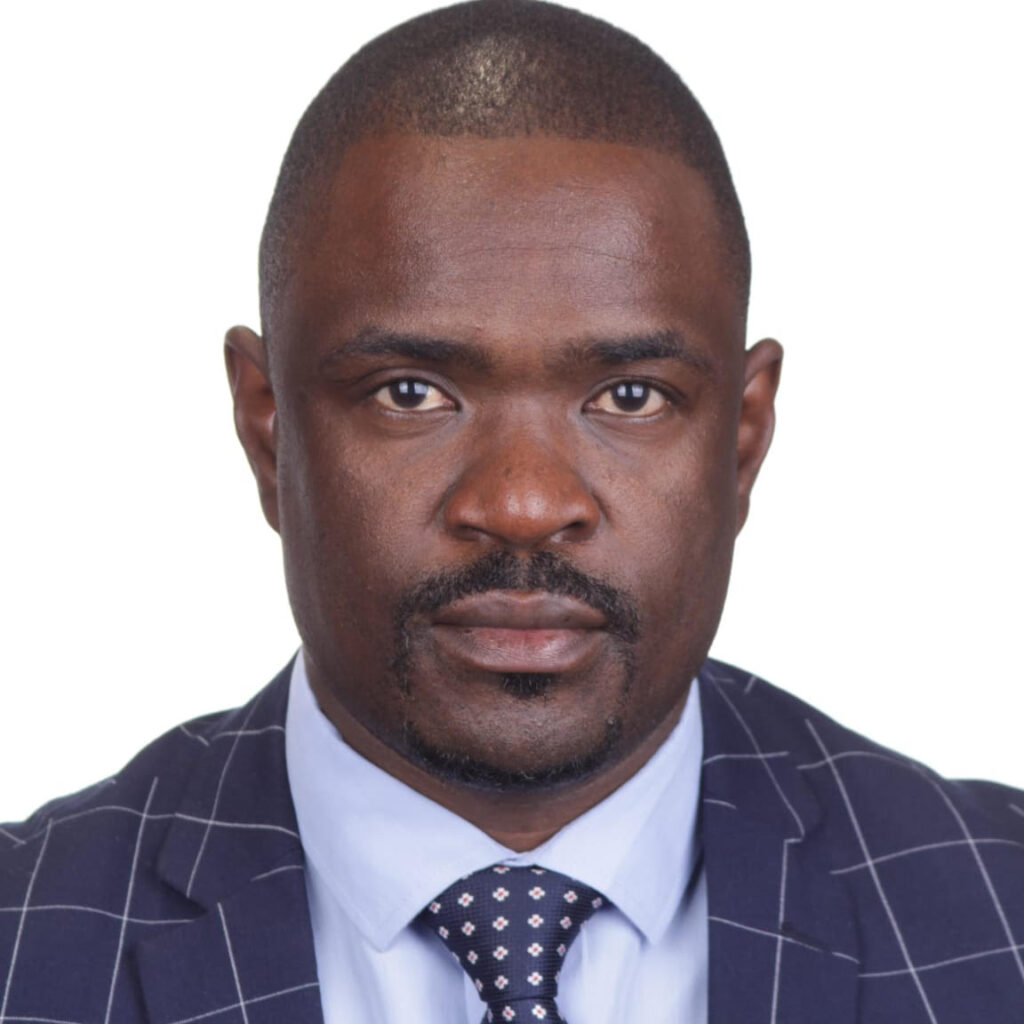
.Ms Sekgoma said the report would “constitute a viable and powerful tool to promote structured change for a successful domestication of the Charter”.
She stated that parliaments in Africa remain “immensely under-represented by women” and cited the IPU Report that shows that in 2021, in Sub-Saharan Africa, only 29.2% of members elected or nominated in Parliament were women.
“In Southern Africa, the average women representation stands at about 30% with percentages being as low as 18% in certain parliaments. No Parliament in SADC has so far exceeded the 50% coveted target of equal women representation,” she noted.
She said the recently released Democracy Index of the Economist Intelligence Unit for the Year 2023 scored Sub-Saharan Africa a historic low compared to previous years and it was underscored that the region counts only one “Full democracy”, with democratic backsliding affecting at least 12 countries. The scores for Electoral process and pluralism are also considerably low compared to the global average.
“Eligibility for women to be elected versus their actual ability to be elected, is a longstanding dichotomy, which represents two different perspectives that stand poles apart from each other, and need to be understood and tackled separately,” she told her audience.
Sekgoma stressed that in many Cabinets in Southern Africa, the Ministry of Gender and Women Development or Empowerment, was headed by a woman, yet apart from this portfolio, women were under-represented as ministers, with much less than 50% of them holding ministerial offices.
“Often, it is said this situation endures because there is an insufficient number of women MPs in Parliament who can be appointed to ministerial positions. In turn, the lack of women MPs has often been ascribed to the lack of women in the leadership of political parties,” she said.
Quotas on women representation in polls and posts could change the situation
She noted that to promote gender responsiveness, some observers have proposed quotas for women standing as candidates in elections, while others have proposed quotas of women forming part of the leadership of political parties in view of promoting an overall gender balance.
“However, gender under-representation still prevails and no panacea has been identified to heighten gender responsiveness,” said Ms Sekgoma.
She said although gender quotas were in place in some jurisdictions, the nomination of women candidates needs critical examination “because even where there are strong women candidates, they are seldom preferred over men”.
She lamented the prevailing dominance of internal political party dynamics by patriarchy in some instances and called for collaboration “with organisations that include the SADC Lawyers Association to demand justice, democracy and accountability to include women as candidates”.
Also speaking during the launch, Veronica Perzanowska, Counsellor, Analyst SRHR-team, Embassy of Sweden in Pretoria said women constitute slightly more than half of the world population.
Related article
She said women’s contribution to the social and economic development of societies is also more than half that of men by virtue of their dual roles in the productive and reproductive spheres.
“Yet their participation in formal political structures and processes, where decisions regarding the use of societal resources generated by both men and women are made, remains insignificant,” she observed.
Perzanowska said women’s participation in politics is both a matter of human rights and a prerequisite for sustainable development. The eradication of all aspects of poverty and is linked to all other areas of gender equality; gender-based violence, women’s economic empowerment, women’s and girls’ human rights, sexual and reproductive health and rights.
“Despite the pronounced commitment to gender equality and to the bridging the gender gap in the formal political arena reinforced by the Convention on Elimination of All Forms of Discrimination Against Women (CEDAW), the Maputo Protocol and other different excellent African documents such as SADC Protocol on Gender and Development and African Charter on Democracy, Elections and Governance, the implementation faces challenges such as domestication of the human rights and political instruments,” she said.
Perzanowska noted that women’s representation in legislatures around the world was 25% and women legislators in sub-Saharan Africa made up 26% and women in the Swedish parliament after the election 2022 was 46,1%.
“Even if Sweden has been very committed to the fight for gender equality and inclusion of women in the political and economic sphere, it took us until 2021 to get our first female Prime Minister Magdalena Andersson,” she stated.
Discrimination, lack of finances deter women from running in polls
She said there were a lot of different perspectives influencing the possibility for women to participate and influence the political life. They included negative cultural perceptions and attitudes about women in leadership, violence against women in politics, lack of education and training, lack of access to knowledge and support networks that are often male networks. Discriminatory election systems and processes as well as lack of financial resources for women to run election campaigns thwarted gender representation.
“We need to work on all of these items and other underlying causes for women to be able to influence power. We also need to apply an intersectional perspective to have an inclusivity that recognises that neither men nor women or non-binary are homogenous groups, and that identities, privileges and vulnerabilities intersect in complex ways to be able to influence politics,” she said.
The President of the SADC Lawyers Association, Flavio Menete welcomed the launch of the report as “a direct response to challenges and barriers witnessed regarding the participation of women in democracy, governance, and electoral processes to enhance promotion of human rights, strengthen the rule of law and improve political, economic, and social governance”.






